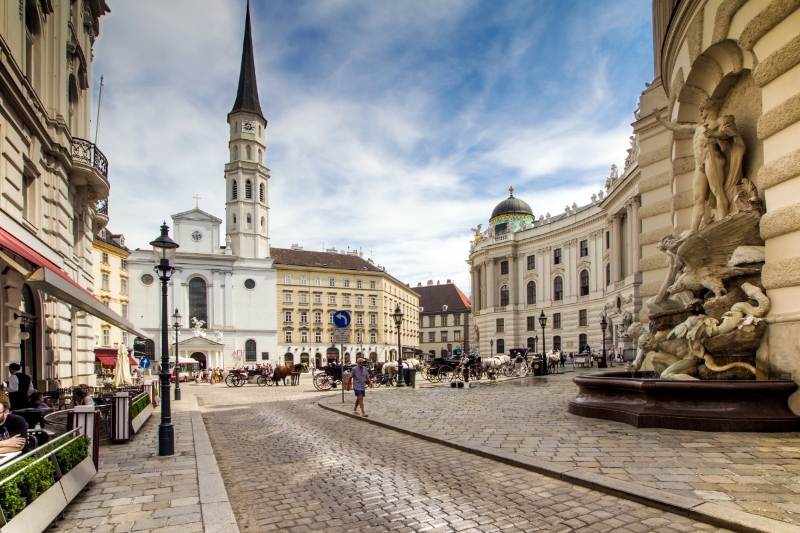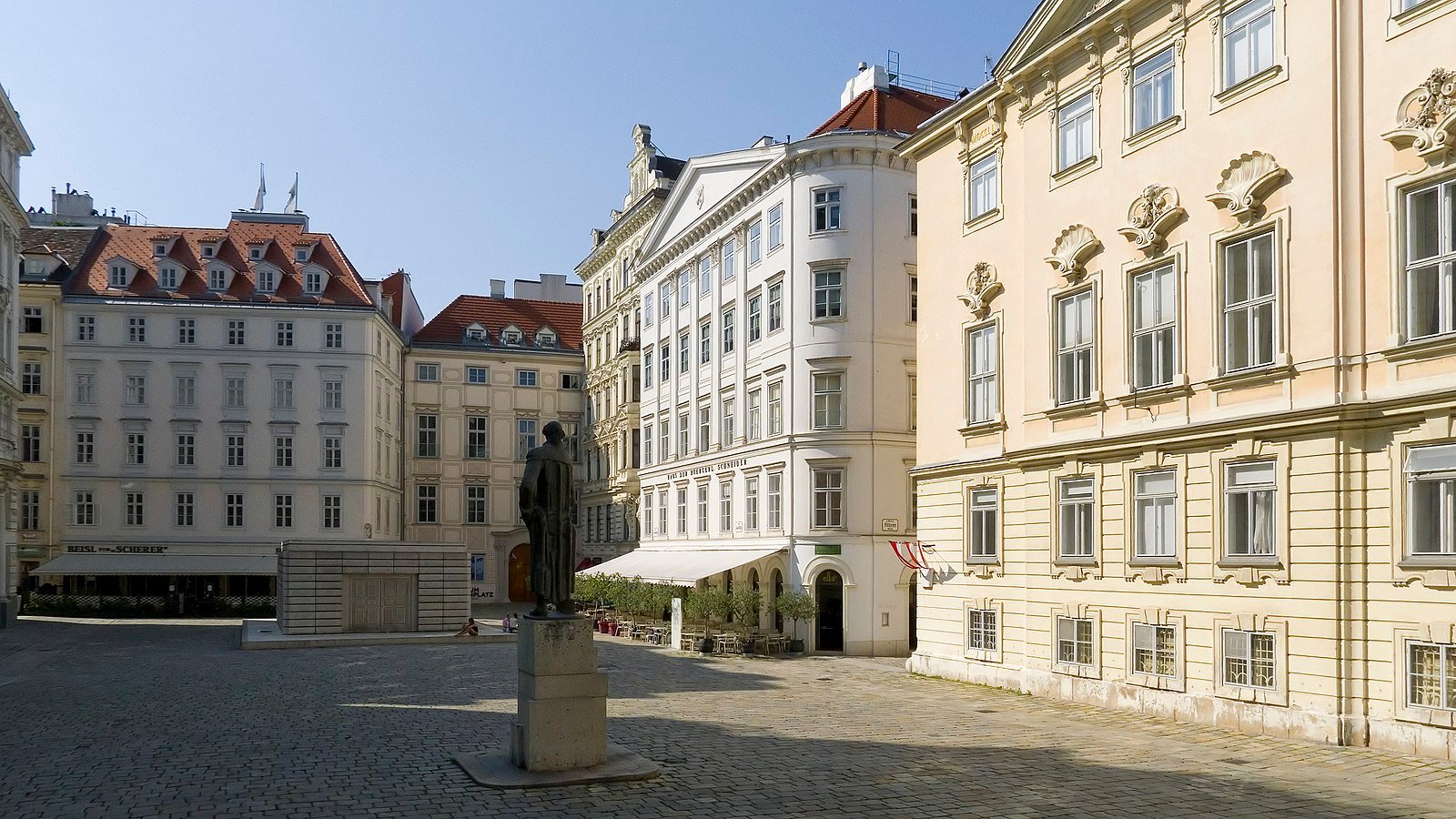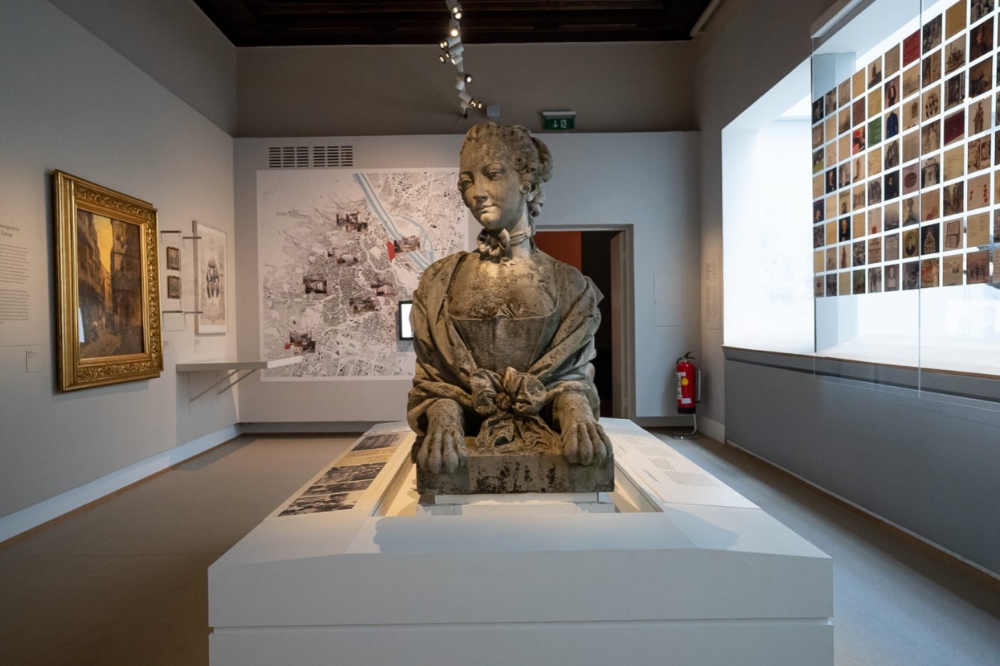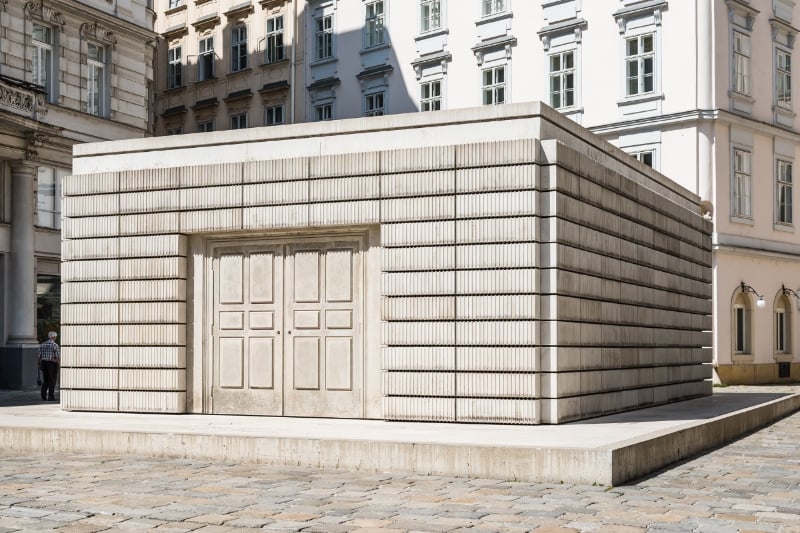The History Jewish Vienna: Amazing and Devastating
Vienna is a city with a rich artistic and intellectual legacy. With its palace-like architecture, decadent chocolate and iconic waltz, it is one of Europe’s shining jewels. Vienna’s Jewish community had a large hand to play in forming this respected reputation. For years the Jewish community was the intellectual life blood of Viennese culture. Several times throughout their history the community has known devastation and rejection. Even till today antisemitism occurs within the nation, despite the lessons of history that followed the destruction of the Holocaust.

The Difficult Beginnings of Jews in Austria
Since the 12th century Jews have made a home for themselves in Vienna. The first employment Jews had within Vienna were as financial advisors and mintmasters to Duke Leopold V. Not long after they arrived they were in need of protective orders. The antics of the third crusade had resulted in murderous devastation for the community. In 1238 Emperor Frederick II gave the Jews a charter of privileges allowing them a certain level of protection and autonomy. However, this didn’t last long.
Over the next few centuries the Jews of Vienna continued to fall victim to brutal persecution. Oftentimes they were either annihilated or baptized by force. The community was finally expelled in 1420, although some families remained undercover or lived their lives as Christians.
Judenplatz: The Jewish Ghetto of Vienna
There would not be another large wave of Jewish immigration till the 17th century with the arrival of Jews from Ukraine. Around that time Emperor Leopold established the first Jewish ghetto, Judenplatz, which is today the Leopoldstadt area of Jewish Vienna. There were roughly 130 households within the ghetto, and within its walls Jews were left to conduct their affairs in peace.

The Jewish Ghetto of Vienna, Judenplatz
This small window of acceptance allowed the community to thrive both financially and intellectually. However this happiness was not meant to last with more waves of increasingly violent antisemitism crashing through the walls of the ghetto. The Emperor eventually liquidated the ghetto and evicted all its inhabitants. One of two great synagogues in the ghetto was repurposed as the Church of Leopold. Today the quarter remains a historic site, complete with additional monuments dedicated to preserving Jewish history.
The Rise and Fall of Jewish Vienna
Despite all the barriers, expulsions, and pogroms the Jews of Vienna continued to grow exponentially. This had a great deal to do with the fact that Jews had been granted lawful citizenship in 1867. With this development waves of Jewish immigrants arrived to make the city their home.
By the 19th century Jews played major roles in the academic, musical, intellectual, and artistic worlds of Vienna. Three out of four Nobel Prize Winners at the time were Jewish. This was also when the birth of the Haskalah movement, or Jewish enlightenment, took place. It is no surprise that with such a rich intellectual and cultural pulse the Jewish community of Vienna has produced some of the most influential Jewish figures in history.
One area of expertise in which Jews seemed to thrive was in the concert halls of Vienna. Arnold Schoenberg is one such name with a heavy degree of weight and brilliance. He is hailed as being one of the most influential composers of the 20th century. Most notably he is recognized for his unique contributions to Austria’s expressionism movement.

Arnold Schoenberg twelve-tone composition for the opera Moses and Aron, on loan from the Arnold Schoenberg Foundation
By 1938 the community of Jewish Vienna had made a reputation for itself as one of the most influential Jewish communities in the world. The antisemitism Jews had experienced seemed to be a thing of the past.
However under the surface the seeds of hatred still ran deep. When Austria was annexed to Germany, an event known as the Anschluss, violence and torment amongst the community returned. Jews were forced to close their businesses, were banned from most public spaces, and had their property confiscated. The Viennese Jewish community was also one of the first to be deported to concentration camps. More than 65,000 Jews were sent to the camps and only a handful returned.
Encounter the Past of Jewish Vienna
All this history and more can be found at the Jewish Museum of Vienna. Established in 1895 the museum houses some of the oldest surviving Jewish Viennese artifacts. While most of the artifacts were either destroyed or sold by the Nazis, the museum has managed to reclaim numerous items. However, the whereabouts of over half the original collection remains unknown. Nevertheless, the museum manages to take visitors on a journey of discovering the religious, cultural, and spiritual history of Viennese Jews.

Of course when discussing the history of Jews in Austria, attention must be paid to sites commemorating the Holocaust. The Judenplatz Holocaust Memorial also known as the Nameless Library almost resembles more of a military bunker than a monument. The concrete shelves house books, whose spines have been turned inward. The intention behind this choice is to commemorate the empty space of memory that came with the murder of 6 million Jews. Entire generations were lost and with them their knowledge, traditions, and families.

Austria is Celebrating Jewish Culture Once Again
While there are plenty of avenues to explore the extensive past of Jewish Vienna there are also ways to celebrate its present. The Vienna Jewish Film Festival offers a rich outlook into the various shades of Jewish life from around the world. The films shown at the festival cover a whole range of international Jewish films. At the end of screenings guests can ask the director questions, sit in on specialist lectures, and other activities to better connect with each film.
Jewish culture and history is once again being celebrated in Vienna, yet the horror of its past will never be forgotten. It is even more amazing that with such a dark history the Jewish community of Vienna managed to fulfill a major Torah requirement. They were and are a light unto their nation.

